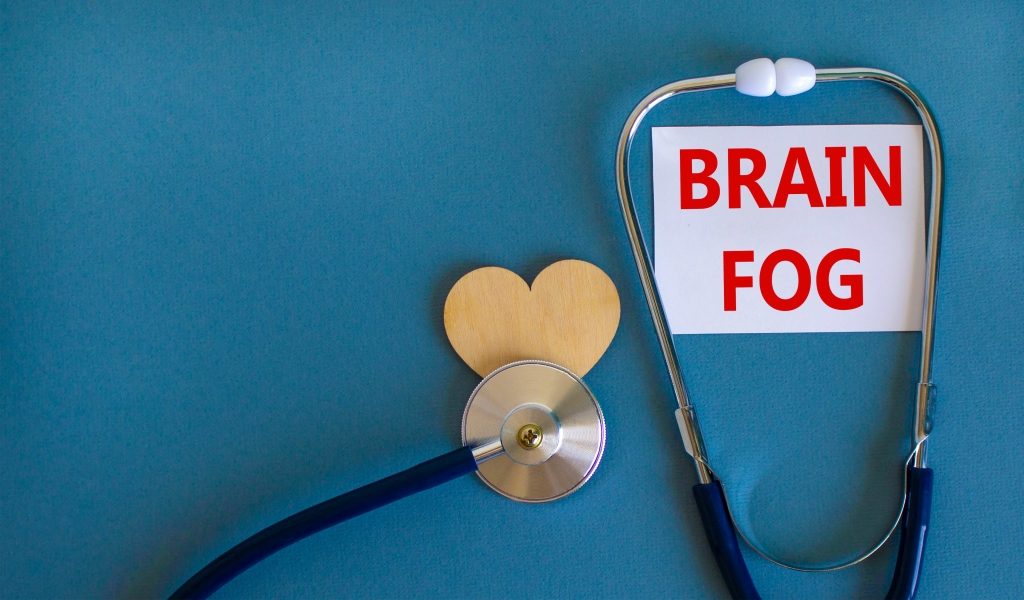You may experience mood swings, ranging from irritability and frustration to feelings of hopelessness and despair. They are always running around to put out fires, solve problems, fix things, and “running late to everything.” In this way they can avoid really dealing with themselves and the real issues that need solving. If you’re looking for treatment, please browse the site to reach out to treatment centers directly.
Two of the primary causes include the following:
That means supporting emotional sobriety — the ability to manage emotions, form healthy relationships, and find meaning in life without substances. While dry drunk syndrome may not involve substance use, it carries serious risks. Emotional volatility, depression, and social withdrawal can lead to a relapse if the underlying issues aren’t treated. This can include unresolved trauma, unmanaged mental health conditions, or lack of coping mechanisms for stress. It’s crucial to recognize the signs and seek professional help to manage and overcome this debilitating condition. Remember, it’s never too late to seek help and start the journey towards sobriety.
Strategies For Overcoming Dry Drunk Syndrome
In order to understand what a dry drunk is, you must first understand dry drunk syndrome. This is a term that comes from 12 Step recovery groups, like Alcoholics Anonymous. It means that the individual is no longer drinking, but still exhibiting the same behaviors. These dry drunk behaviors might come out as anger and resentment, among other behaviors. As you can imagine, this can make living with a dry drunk quite unbearable. “Drunk” in this context is a set of disruptive or destructive negative behaviors stemming from a pathological condition caused by past alcohol abuse.
As chief Clinical Officer at FHE Health, a nationally recognized behavioral health treatment provider, he ensures quality, innovation, and comprehensive treatment for patients. Also, maintain a positive outlook in the hope that addiction treatment professionals can help them forge a solid commitment to recovery. Although he managed to get his diploma, after graduation, he found it hard to get and keep a job. Friends and family saw how advanced Sean’s drinking had become and worried about alcoholism. Attending a support group or 12-step program, such as Alcoholics Anonymous, can help as well.

MENTAL HEALTH
If someone exhibits dry drunk symptoms or dry drunk behavior, dry drunk syndrome it’s essential to seek support, whether through counseling, peer support groups or recovery programs that focus on emotional sobriety. A dry drunk behavior refers to the attitudes and habits of someone who has quit drinking but hasn’t addressed the underlying issues that led to their addiction. This can manifest as irritability, resentment, depression, or continued negative thinking. The person may still struggle with emotional or psychological challenges, affecting their relationships and personal growth. Treatment for dry drunk syndrome is very similar to the treatments for an alcohol use disorder.

Levels of Care
- Our advisory board brings together leaders in behavioral health, technology, and business.
- Alcohol rehab centers in Arkansas focus on helping individuals work through these emotional triggers to prevent setbacks and build real emotional resilience.
- It’s important for individuals in recovery to know that seeking help is not a sign of weakness.
- Individuals may become easily angered by minor inconveniences or display an unusually short temper.
These communities offer opportunities to learn from others who have successfully navigated similar challenges and provide a structured approach to personal growth and emotional sobriety. The shared experiences and wisdom found in these groups can help individuals develop new perspectives and strategies for maintaining healthy recovery. A dry alcoholic refers to someone who is in recovery for alcohol addiction, but still exhibit or engage in behaviors consistent with alcohol abuse. Participating in recovery means much more than abstaining from alcohol, and people experiencing “dry drunk” issues may need ongoing treatment options and support.
A multitude of programs and treatments exist, tailored to individual needs, ensuring that every person can find an approach that resonates best with their unique situation. Consult with a healthcare professional about a personalized treatment plan. Rather than just focusing on abstaining from alcohol, an exhaustive rehabilitation process should be in place. This approach not only addresses the physical dependency on alcohol but also delves deep into the psychological and emotional aspects of addiction.
But true healing requires more than abstinence – it involves emotional, psychological, and behavioral growth. One lesser-known challenge in this process is dry drunk syndrome, a term describing people who are no longer drinking drug addiction but still struggle with the mindset and behaviors of addiction. Dry drunk syndrome refers to the emotional and behavioral struggles that can persist even after a person has stopped drinking alcohol. Dry drunk syndrome is a reminder that recovery from alcohol addiction is about much more than quitting drinking. It’s about addressing the underlying emotional, mental and psychological aspects of the addiction.
Understanding and overcoming dry drunk syndrome in recovery is crucial for anyone who has chosen the path of sobriety. In this article, we aim to provide you with insights into dry drunk syndrome, its symptoms, causes, and strategies for overcoming it. A persistent lack of energy is common in individuals dealing with emotional and psychological distress. Even without drinking, the body’s stress response can lead to exhaustion. Even though alcohol use has stopped, individuals with Dry Drunk Syndrome may engage in other reckless or impulsive behaviors as a substitute. This often stems from an inability to regulate emotions in healthy ways.
Conclusion: Recovery beyond sobriety
Our programs offer a holistic approach to addiction recovery, including medical care, mental health support, and education. Alcohol abuse and addiction can impact every aspect of a person’s health and well-being. People with alcohol use disorder (AUD) may have health, social, legal, and financial problems related to their drinking. It can be challenging for people with AUD to stop drinking, but comprehensive treatment can make it possible. Addressing these challenges requires comprehensive treatment that focuses on addressing underlying psychological, emotional, and social factors contributing to dry drunk syndrome.
- It is now recognized that people can experience extended withdrawal for numerous reasons, and receiving behavioral health and addiction treatment congruently can help recovery from protracted withdrawal.
- No, dry drunk isn’t curable, but it can be managed with support and willingness, just like addiction.
- At Recovery Guide, our mission is to connect as many individuals struggling with mental health and substance abuse disorders to reputable treatment facilities.
- By using an individualized evidence-based strategy treatment strategy, Northpoint Recovery can show you how to do more than just abstain from substance abuse – we can show you how to recover.
- While detoxing from alcohol is part of the process, addressing the issues that led to addiction requires much deeper work.
Greater Boston Addiction Centers
Seeking help at a rehabilitation center to get back on track in your journey to recovery is crucial to avoiding relapse and preventing further challenges to your sobriety. “The ‘dry’ are as sick as the drunk, except that the bodily damage is not there. With every drunk there is a sick “dry” who is almost a mirror image.” ~Paul Molloy, Where Did Everybody Go? A person who is still drinking (or drugging) – no matter how “moderately” – is not truly sober. The very definition of addiction is the inability to control one’s consumption of drugs and/or alcohol.
